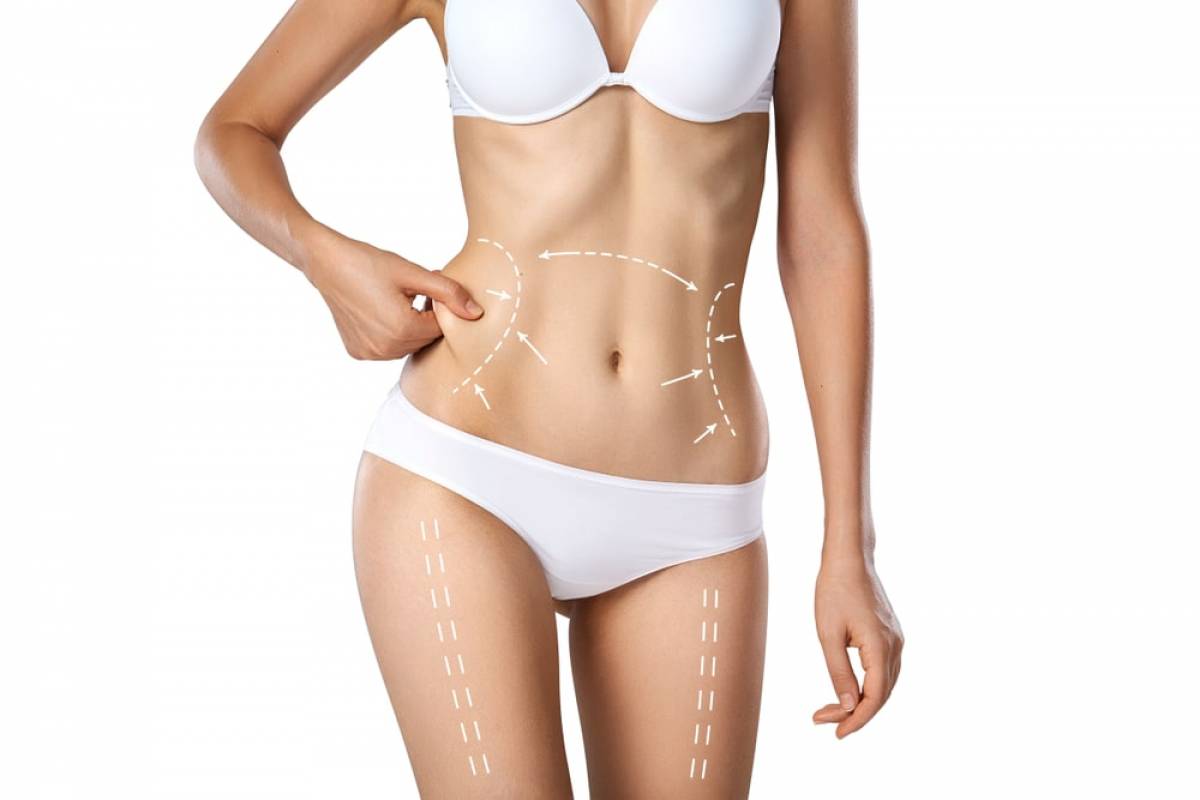
September 19, 2024
Psychological Impact Continence Foundation Of Australia
Intimacy & Urinary Incontinence: Advice For Connections Lifestyle relies on the mix of physical, social and mental attributes of the person. Psycho-social results of urine leakage like stress and anxiety, seclusion, low self-confidence and clinical depression could worsen the signs of urinary incontinence. Nurses should identify these features throughout initial health assessment of these patients and start very early interventions to lessen unfavorable impact on their way of living and quality of life. Urinary system incontinence, (leak of urine), is a very typical problem that is approximated https://rugby.lipofreeze2u.co.uk/hifu-guide/ to influence 10-20% of women under age 65 and as much as 56% of females over 65. It is a humiliating trouble that has affects beyond the physical problems-- there are social, emotional and economic influence on the lives of those influenced.On Our Social Accounts
Old Behind Bars: The Aging Prison Population in the United States - Human Rights Watch
Old Behind Bars: The Aging Prison Population in the United States.
Posted: Fri, 27 Jan 2012 08:00:00 GMT [source]
Dr Kate Kass's Method To Urinary System Incontinence Treatmentadjunctive Treatments To Pelvic Flooring Physical Treatment
The kind of treatment might depend on the extent or sort of incontinence a female is experiencing. You can additionally exchange sensible recommendations and obtain motivation and support from these individuals. Engaging with others who can connect to your sensations and experiences can help reduce sensations of isolation and embarassment.- It can additionally create a loss of confidence, self-esteem, and cause social seclusion, dramatically affecting a lady's overall wellness.
- Mosting likely to fewer social events can cause seclusion and clinical depression, which can result in further mental wellness concerns if proceeded.
- Incontinence anxiety is a problem that an individual can develop, as a perception of potential bladder leaks in social circumstances or past experiences with urinary incontinence.
- It additionally provides coping strategies, assistance choices, and management methods to enhance quality of life for those with urinary incontinence.
- Urinary incontinence can also influence individuals' mental health and wellness in various means, impacting their self-worth, body picture, and total lifestyle.
Q How Do You Heal Urinary Incontinence?
In addition, urinary incontinence can influence intimate relationships, bring about reduced sex-related fulfillment and affection. If incontinence is not taken care of well, the individual with urinary incontinence might experience sensations of denial, social isolation, reliance, loss of control and may likewise develop problems with their body picture. This consists of regular exercise, which can enhance pelvic flooring muscle mass, and making dietary changes to prevent bladder irritants. Furthermore, making use of incontinence underwear can provide both convenience and self-confidence, allowing individuals to preserve an energetic way of living with less issues regarding crashes. Urinary system incontinence is an usual condition defined by the uncontrolled loss of bladder control, which brings about urine leakage. Surgical options include treatments like sling surgical procedures, which support the urethra, and bladder neck suspensions that raise the bladder to stop leakage. For those looking for much less invasive alternatives, urinary incontinence underwear can supply very discreet security and self-confidence in everyday activities. The correlation in between urinary incontinence and psychological health and wellness is not just straight but likewise manifests indirectly via dealing styles and strength. Unfavorable life occasions, especially those pertaining to health, can heighten the severity of mental wellness problems. The market offers specialized products, such as incontinence underwear, developed to give discreet protection and make it possible for people to maintain an active way of living with confidence. Behavior modifications, including cognitive-behavioral therapy (CBT), focus on changing bothersome actions and believed patterns. Techniques such as relaxation, meditation, and cognitive restructuring are essential to these therapies, enhancing treatment adherence and boosting the quality of life. Additionally, making use of clinical gadgets like pessaries or urethral inserts may offer physical support to the bladder, therefore avoiding leak. In the realm of taking care of female urinary incontinence, way of life adjustments and behavioral therapies play a critical function. PFME employs the principles of cognitive knowing ideas and exercise physiology. The objective being to increase muscle mass bulk and tone, therefore boosting leisure and control of the pelvic muscle mass. Management of incontinence by wearing of absorptive products like hygienic towels or baby diapers may appear to be a quick fix or a very easy escape.Can incontinence be reversed with workout?
Kegel workouts can protect against or manage urinary system incontinence and other pelvic floor issues.
Social Links